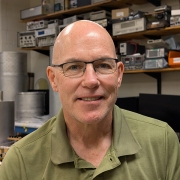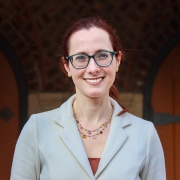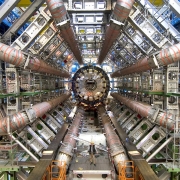Study Finds Well-Being Necessary Part of Public Policy Agenda
“Well-being can and should drive public policy, from the most local to the most international levels.”
That’s the finding of new research from the University of Pennsylvania’s Positive Psychology Center. In a paper published in the International Journal of Wellbeing, postdoc Alejandro Adler and Martin Seligman, Zellerbach Family Professor of Psychology and the Institute’s founder and director, build on known definitions and measurements of well-being. They also describe specific ways this measure can influence policy making.
It’s an issue researchers in the field have been dancing around for some time, but science has finally progressed enough to move the conversation away from a singular focus on gross domestic product. To this point, a strong and increasing GDP had been directly but incorrectly linked to a happier population.
GDP, however, wasn’t created as a social progress indicator.
“Unfortunately, it has become synonymous with that,” Adler says. “What people fundamentally care about universally—and it doesn’t matter when and where—is quality of life, holistic well-being. The relationship between increased GDP and well-being is a nuanced one and not the direct one that most people assume.”
To reach this conclusion, Adler and Seligman compiled half a century of data on GDP and life satisfaction for 57 countries around the world. They then compared the numbers, which came from outlets like Gallup and the Organization for Economic Cooperation and Development, both within a given year and between years.
“When you plot each country, it really is a curve that increases initially but plateaus very quickly,” Adler says. “After a threshold of about $10,000 per capita per year, there is a quickly decreasing correlation between GDP and mean life satisfaction.” This becomes more pronounced in economies that started poor and grew quickly, like Singapore or South Korea.
The researchers hypothesize this leveling-off happens because of one simple factor innate in most of us: ambition beyond material wealth. Adler said, “Once people fulfill their basic physical needs, human beings aspire to much more: having a sense of engagement in their work, meaning and purpose in their lives, high-quality relationships, a sense of autonomy.”
Click here to read the full article.





